10 Uses of Solar Energy in Your Home: Discover Its Benefits for Everyday Life
In today’s environmentally conscious world, more and more homeowners are turning to renewable energy solutions. Solar energy is one of the most popular and promising alternatives to conventional energy sources. Not only does it help reduce electricity bills and energy costs, but it also significantly lowers carbon emissions and supports a sustainable future.
In this blog post, we’ll explore the top uses of solar energy in your home and dive deep into the many benefits that solar power brings to everyday life. Whether you’re considering installing solar panels for electricity generation, solar water heaters to cut energy consumption, or solar-powered devices to reduce reliance on the grid, you’ll find plenty of useful information here.
What is Solar Energy?
Solar energy is the radiant light and heat emitted by the sun, which can be harnessed using various technologies. The most common of these technologies include photovoltaic (PV) solar panels, solar thermal collectors, and solar cells. These devices capture the sun’s thermal energy or light and convert it into electricity or heat that can be used in your home.
One of the primary reasons why solar energy has become so popular is its clean, renewable nature. Unlike fossil fuels such as coal or natural gas, solar energy produces zero carbon emissions during operation. This means that when you invest in a solar energy system, you’re not only saving money on your electricity bills but also contributing to a healthier planet by reducing harmful greenhouse gases.
Importance of Solar Energy

With the signing of the Paris Climate Accords, world powerhouses are staying committed to lowering greenhouse gas emissions to eventually achieve zero net emissions by the middle of the 21st century. Solar energy is one of the most sustainable power sources that not only limits the use of non-renewable sources but also helps stabilize the grid with rising energy demands. Here are a few key reasons why solar energy is vital:
- Renewable Resource: Solar energy is virtually limitless. As long as the sun shines, we can tap into this abundant energy resource.
- Environmental Benefits: By reducing the reliance on fossil fuels, solar power helps cut down on carbon emissions, thereby mitigating climate change.
- Cost-Effectiveness: With falling costs of solar panels and advances in solar technology, solar energy has become more accessible to homeowners. Over time, the savings on electricity bills can offset the initial investment.
- Energy Independence: Solar energy systems provide homeowners with an independent power source that can operate off-grid during emergencies or power outages.
- Low Maintenance: Once installed, solar panels require minimal upkeep and can last for decades, making them a long-term investment in your home’s energy infrastructure.
Solar Energy Applications
The good thing about using solar energy is you don't have to rely on massive solar energy farms to contribute to a more eco-friendly world. You can start small with solar panels installed in your own home. From rooftop setups that can power your whole house to mounted panels that are more device-specific, solar energy can be applied in various ways within a home. Let’s delve into the 10 common uses of solar energy and see how each one can benefit your daily life.
1. Solar Power Generation
At the heart of any solar energy system is the generation of electricity. Solar panels installed on rooftops or other suitable locations capture sunlight and convert it into direct current (DC) electricity. The electricity generated is then converted into alternating current (AC) using an inverter, making it suitable for powering household appliances, lights, and electronic devices.
Applications:
- Solar-Powered Appliances: From refrigerators to washing machines, everyday household appliances can be powered by solar electricity.
- Lighting: Both indoor and outdoor lighting systems can operate on solar-generated power.
- Electronics: Televisions, computers, and other electronics benefit from a reliable source of solar electricity.
- Backup Power: When paired with energy storage solutions like solar batteries, the system can provide backup power during grid outages.
Benefits:
By generating your own electricity, you not only lower your monthly energy bills but also contribute to a reduction in fossil fuel consumption. This use of solar power is particularly valuable in remote areas where grid access is unreliable.
2. Solar Water Heating
Solar water heaters capture sunlight with thermal collectors, which then transfer the absorbed heat to water. There are two primary types of solar water heating systems:
- Active Systems: These use pumps and controllers to circulate water or a heat-transfer fluid through the solar collectors.
- Passive Systems: Solar heating relies on natural convection, these systems circulate water without the need for mechanical pumps.
Applications:
- Domestic Hot Water: Provide hot water for showers, baths, and general household cleaning.
- Cooking and Cleaning: The heated water is ideal for cooking, dishwashing, and laundry.
- Pool Heating: Solar water heaters can be adapted to keep swimming pool water warm, extending the swimming season.
Benefits:
Solar water heating reduces reliance on electricity or gas for heating water, leading to significant cost savings. It also reduces your home’s carbon footprint by using a renewable source of energy.
3. Solar Ventilation and Cooling
Solar-powered ventilation fans, including attic and roof ventilation fans, use solar energy to drive the fan mechanism. These hot air solar systems extract hot air from your attic or other parts of the home, thereby reducing the temperature and easing the load on air-conditioning systems.
Applications:
- Attic Ventilation: Helps expel hot air from attics, reducing overall home temperature.
- Roof Ventilation: Maintains cooler roof temperatures, which can prolong the lifespan of roofing materials.
- General Indoor Cooling: Can also be used in specific rooms or spaces that tend to overheat during summer months.
Benefits:
Solar ventilation systems not only contribute to a more comfortable living environment but also reduce the energy demand on your HVAC system. By lowering the internal temperature of your home, solar ventilation fans help cut down on energy consumption and electricity bills.
4. Solar Lighting Solutions
Solar-powered lighting is among the most straightforward applications of solar energy. These lights capture solar energy during the day and automatically turn on at night, providing illumination without drawing power from the grid.
Applications:
- Landscape and Garden Lighting: Enhance the aesthetic appeal of outdoor spaces while ensuring safety along pathways.
-
Security Lighting: Solar security lights can be installed around entry points, driveways, and other vulnerable areas to deter intruders. Solar powered-floodlights typically have motion detection capabilities that help enhance your camera's night vision even in low-light conditions.

-
Indoor Decorative Lighting: Solar-powered lamps can add a unique touch to indoor décor while being energy efficient.
Benefits:
Solar lighting solutions offer the dual advantage of low operational costs and enhanced security. Since they are powered entirely by solar energy, they do not contribute to electricity bills and require little maintenance once installed.
5. Portable Solar Power
Portable solar power systems bring the benefits of solar energy on the go. These systems include solar chargers, portable solar generators, and solar backpacks, which are designed to provide power wherever you may be.
Usage Scenarios:
- Emergency Preparedness: In the event of a power outage, a portable solar generator can charge essential devices such as phones, tablets, and radios.
- Outdoor Activities: Whether you’re camping, hiking, or on a road trip, portable solar chargers ensure that you have access to power for your electronic devices.
- Travel Convenience: Solar backpacks and similar devices are ideal for charging devices while traveling, reducing the need to search for electrical outlets.
Benefits:
Portable solar power provides a versatile and sustainable source of energy that enhances your mobility and independence. It is particularly valuable in remote or off-grid areas, ensuring that you remain connected even in the absence of traditional power sources.
6. Solar-Powered Water Pumps
Solar-powered water pumps utilize solar panels to generate the electricity needed to operate water pumps. These pumps are used to circulate water for various applications within the home and garden.
Applications:
- Irrigation Systems: Solar powered pumps can be used for watering gardens and agricultural plots, ensuring efficient water distribution.
-
Water Features: Use in fountains, ponds, or water features that enhance the aesthetic value of outdoor spaces. Solar-powered fountains and bird baths can attract rare species and add tranquility to your outdoor setup.

-
Household Water Circulation: In homes with wells or water storage systems, solar pumps can help maintain consistent water pressure.
Benefits:
The primary benefit of solar-powered water pumps is their energy efficiency. By using the free energy of the sun, these pumps reduce electricity consumption and lower operating costs compared to conventional electric pumps. They are also environmentally friendly, contributing to a reduction in overall energy consumption.
7. Solar Cooking and Food Preparation
Solar cooking is an innovative method that uses concentrated sunlight to cook food. Solar cookers and solar ovens employ reflective surfaces and insulation to concentrate solar rays, converting them into heat capable of cooking a variety of foods.
Applications:
- Outdoor Cooking: Ideal for picnics, camping trips, or backyard barbecues where traditional stoves may not be available.
- Eco-Friendly Cooking: An excellent alternative for those who want to reduce their dependence on gas or electric cooking methods.
- Versatile Use: Suitable for boiling, baking, frying, and roasting, making it a versatile option for many cooking needs.
Benefits:
Using solar cookers and ovens can significantly reduce fuel costs while also decreasing environmental impact. Solar cooking is a sustainable way to prepare meals, leveraging the abundant energy provided by the sun without generating harmful emissions.
8. Solar Pool Heating
For homeowners with swimming pools, solar pool heating offers an effective way to extend the swimming season. Solar panels can be integrated with pool heating systems to absorb the sun’s heat and transfer it to the pool water.
Applications:
- Consistent Pool Temperature: Maintain a comfortable water temperature even during cooler months.
- Energy-Efficient Heating: Use the naturally abundant solar energy to warm pool water without relying on expensive electric or gas heaters.
- Eco-Friendly Option: Reduce reliance on non-renewable energy sources for heating your pool, thereby lowering your environmental footprint.
Benefits:
Solar pool heating is both cost-effective and environmentally friendly. It significantly reduces the energy costs associated with traditional pool heaters while providing a reliable and sustainable heating solution.
9. Charging Electric Vehicle Batteries
Electric vehicles (EVs) are becoming increasingly popular, and solar energy can play a key role in making EVs even greener. By integrating a solar energy system with a home charging station, you can use solar panels to generate the electricity needed to charge your EV’s batteries.

Photo courtesy of Tesla
Applications:
- Home Charging Stations: Install a dedicated EV charging station powered by solar energy to reduce your reliance on the grid. The Tesla Powerwall, for instance, is the automaker's energy storage solution that allows Tesla owners to solar-charge their EVs at home with its 13.5 kWh capacity.
- Energy Storage: Excess energy generated during peak sunlight hours can be stored in solar batteries and used to charge your EV during off-peak hours.
- Sustainable Transportation: Lower your overall carbon footprint by using clean, renewable energy to power your vehicle.
Benefits:
Charging your electric vehicle with solar energy is both economical and environmentally sound. It reduces dependence on fossil fuels, lowers your charging costs, and ensures that your transportation remains as green as possible.
10. Solar-Powered Home Security Systems
Home security is a priority for any homeowner, and solar-powered security systems offer a reliable solution that remains operational even during power outages. These systems typically include solar-powered security cameras, motion-sensor lights, and alarms.
Applications:
-
Security Cameras: Solar security cameras can monitor key entry points and provide continuous surveillance. While cameras with integrated solar batteries are not yet widely available, some battery-operated cameras can be connected to a separate solar panel for continuous power supply. These solar panels store solar energy to keep the batteries recharged.

- Motion-Sensor Lights: These lights activate when movement is detected, enhancing home security and deterring intruders.
- Backup Operation: With solar panels, these systems continue to operate independently of the grid, ensuring round-the-clock protection.
Benefits:
Solar-powered security systems combine energy efficiency with enhanced safety. By drawing power from solar panels, they reduce operating costs while providing a robust, continuous security solution that is not compromised by outages.
Steps to Implement Solar Energy at Home
Transitioning to solar energy may seem like a daunting task, but a systematic approach can make the process straightforward. Here are some practical steps to help you get started:
1. Assess Your Energy Needs
Begin by evaluating your current energy consumption. Look at your electricity bills and identify which appliances and systems consume the most power. This assessment will help you determine the size and type of solar energy system that best fits your home’s requirements.
2. Conduct a Feasibility Study

Examine the physical aspects of your property to determine its suitability for solar panel installation. Key factors include:
- Roof Orientation and Tilt: Ensure your roof receives ample sunlight throughout the day.
- Shading: Identify any trees, buildings, or other obstructions that may cast shadows on your solar panels.
- Available Space: Measure the area available for solar panel placement, whether on the roof, carport, or ground mounts.
3. Explore Financing Options and Incentives
Investigate available government incentives, rebates, and tax credits that can reduce the overall cost of your solar installation. Many financial institutions also offer favorable financing plans for solar energy projects, making it easier to manage the upfront investment.
4. Consult with Professionals
Engage with certified solar installers who can provide expert advice and help design a system tailored to your needs. Professionals will ensure that your solar panels are optimally placed, wired correctly, and integrated with any necessary components like inverters and batteries.
5. Plan for Maintenance and Future Upgrades
Solar energy systems require minimal maintenance, but periodic checks and cleaning will help ensure they operate at maximum efficiency. Plan for future upgrades as solar technology advances, such as adding additional panels or upgrading battery storage to meet evolving energy demands.
Final Thoughts
Solar energy offers a transformative opportunity for homeowners looking to reduce energy costs, embrace renewable resources, and gain greater energy independence. From powering household appliances with solar panels to heating water and even cooking meals with solar cookers, these uses of solar energy in your home provide a wide range of practical benefits that extend far beyond simple cost savings.
FAQs
1. What are the top uses of solar energy in a home?
Solar energy can be used for a wide range of applications, including generating electricity, heating water, powering ventilation fans, lighting indoor and outdoor spaces, charging portable devices, operating water pumps, cooking, heating pools, charging electric vehicles, and powering security systems.
2. How does solar energy reduce electricity bills?
By generating your own electricity using solar panels, you reduce the amount of power you need to purchase from your utility provider. Over time, the savings on your electricity bill can be substantial, especially when combined with available rebates and incentives.
3. What is the lifespan of a typical solar panel installation?
Most solar panels are designed to last for over 25 years with minimal maintenance. Inverters and batteries may require replacement sooner, but the overall system remains highly efficient throughout its lifetime.
4. Can solar energy systems provide backup power during outages?
Yes, when paired with an energy storage system such as solar batteries, solar systems produce enough solar energy to supply backup power during grid outages, ensuring that essential appliances and devices remain operational.
5. How do government incentives and rebates work for solar energy systems?
Many governments offer tax credits, rebates, and other financial incentives to encourage homeowners to adopt solar energy. These incentives can significantly reduce the upfront cost of installation and improve the overall return on investment.


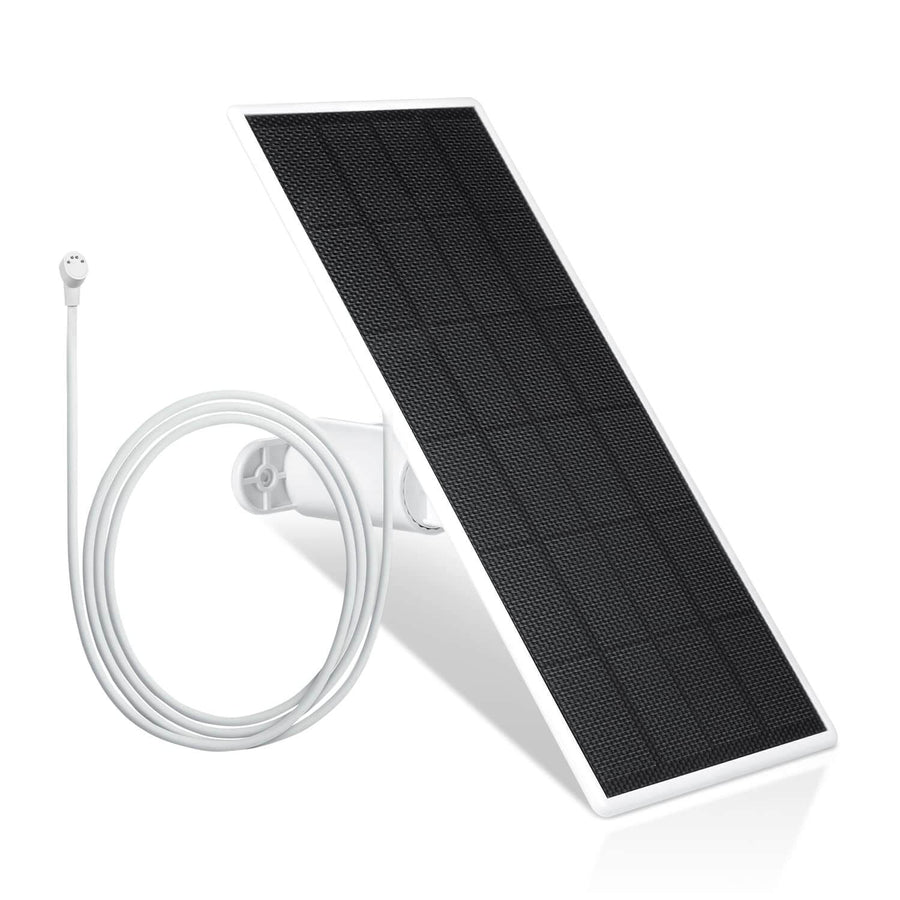
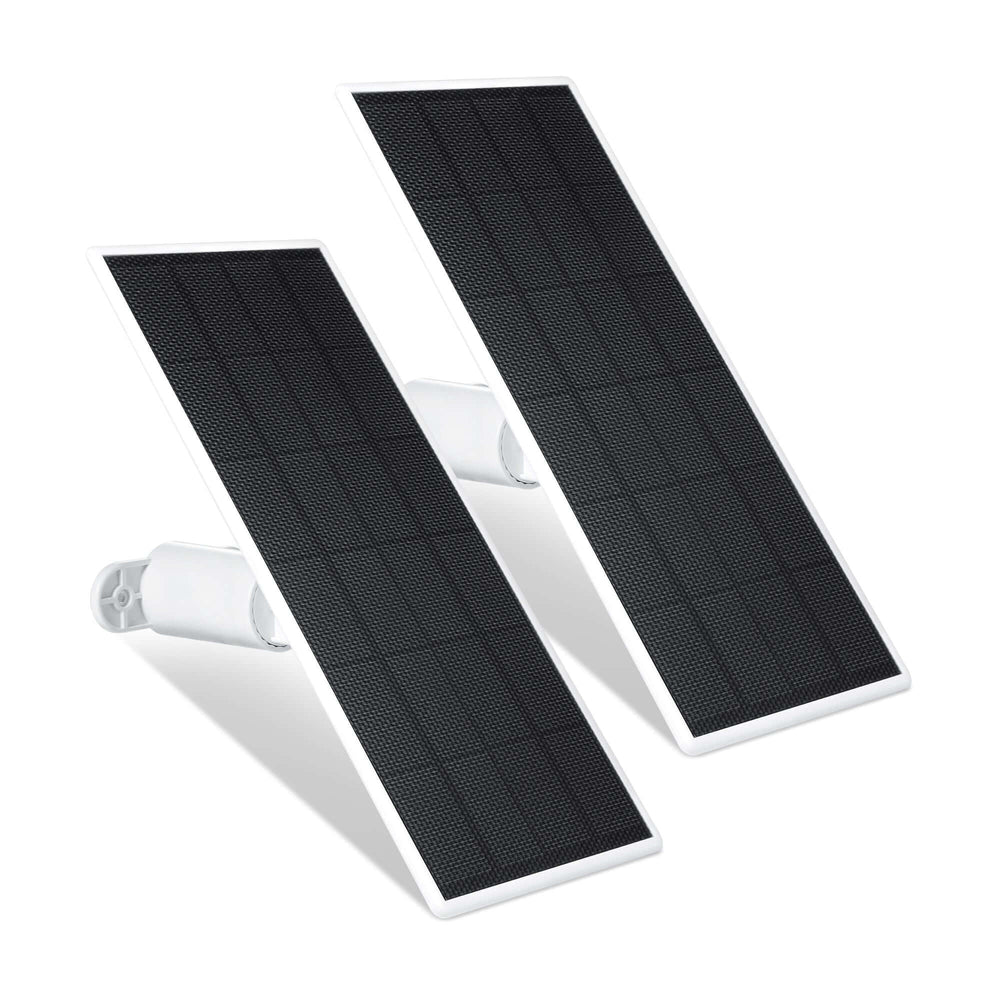
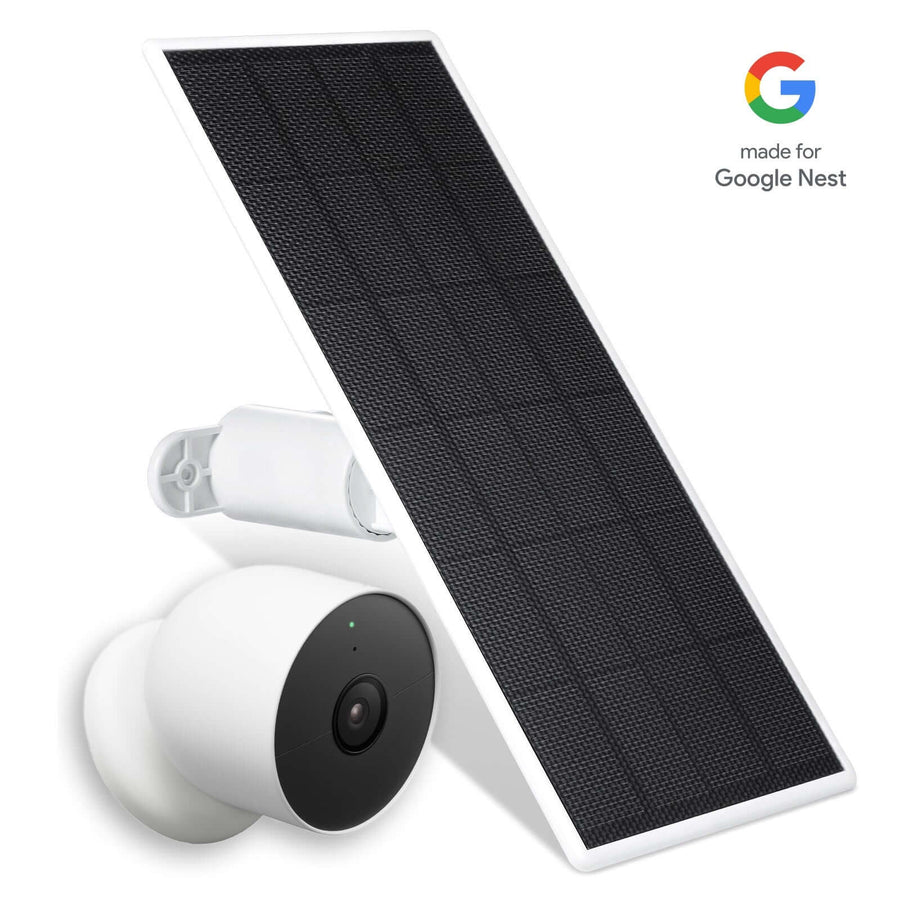
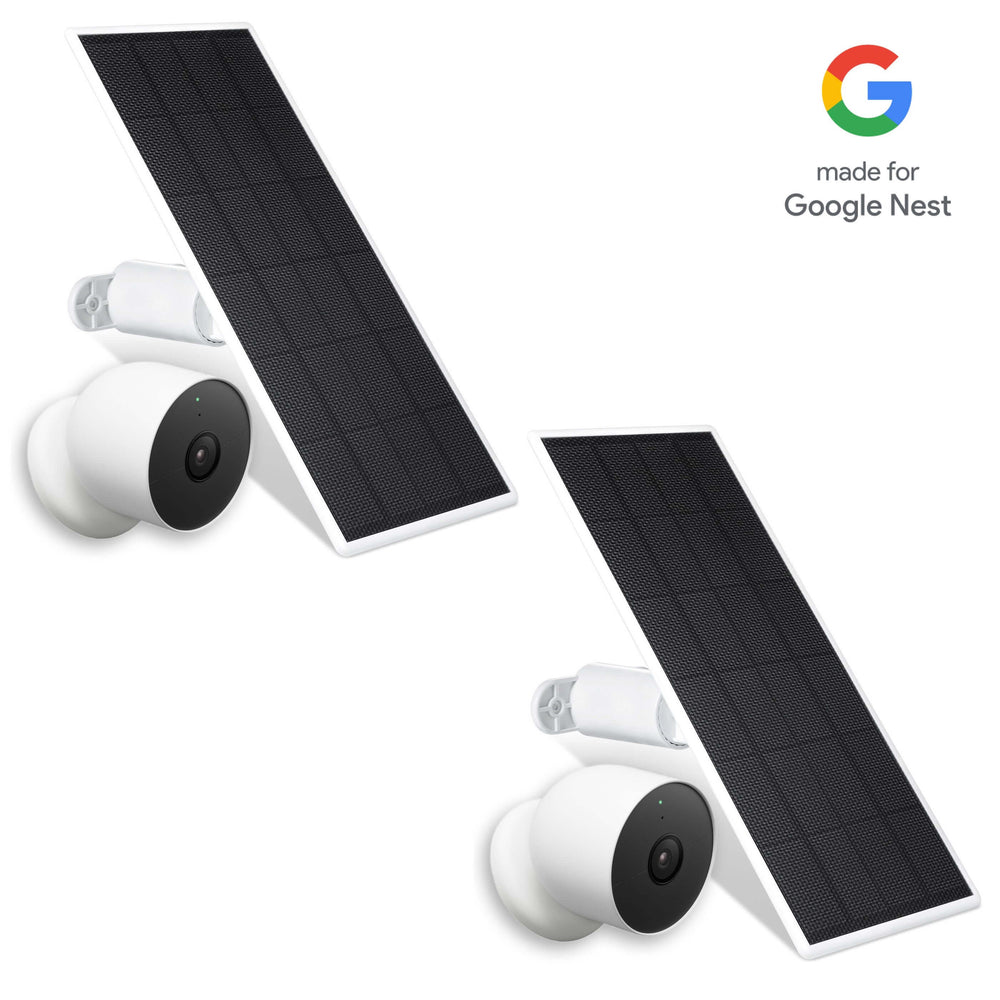
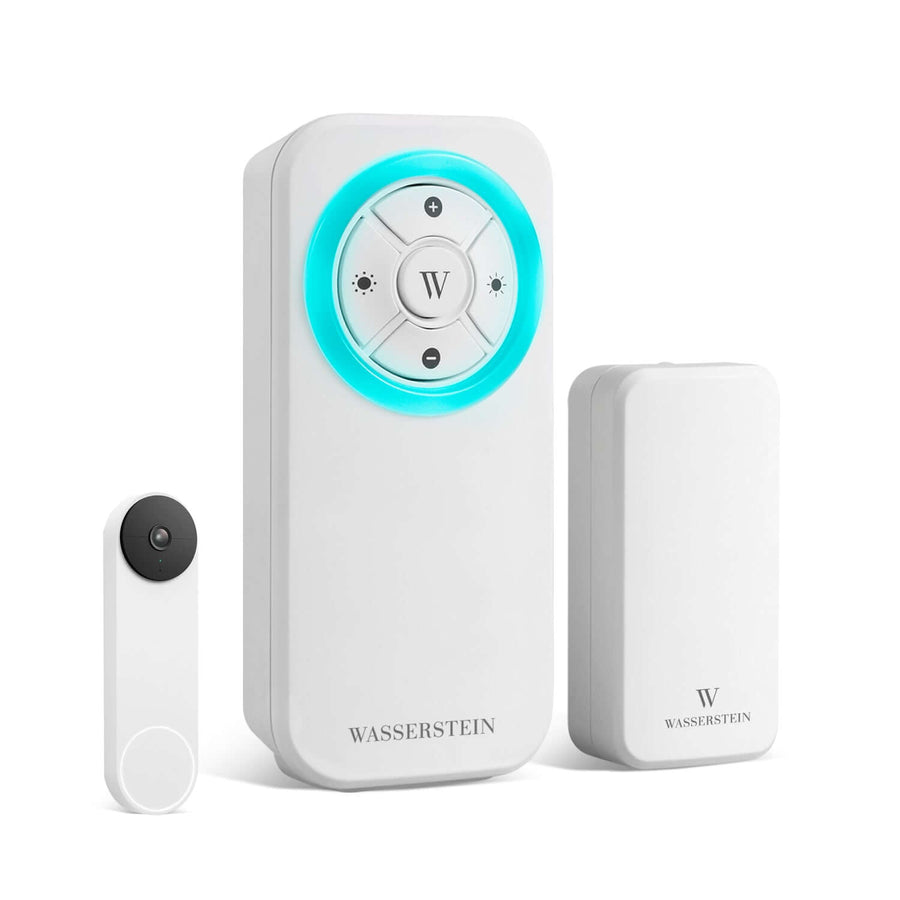
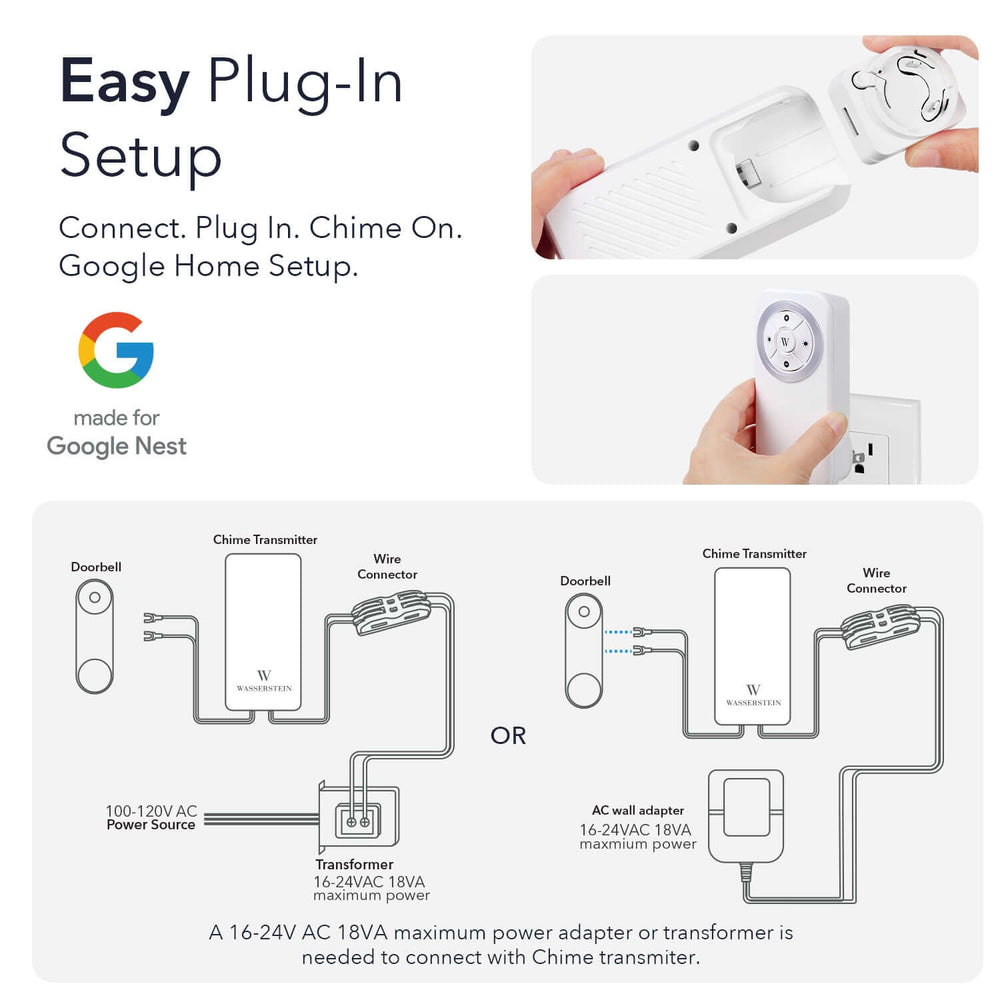
Leave a comment